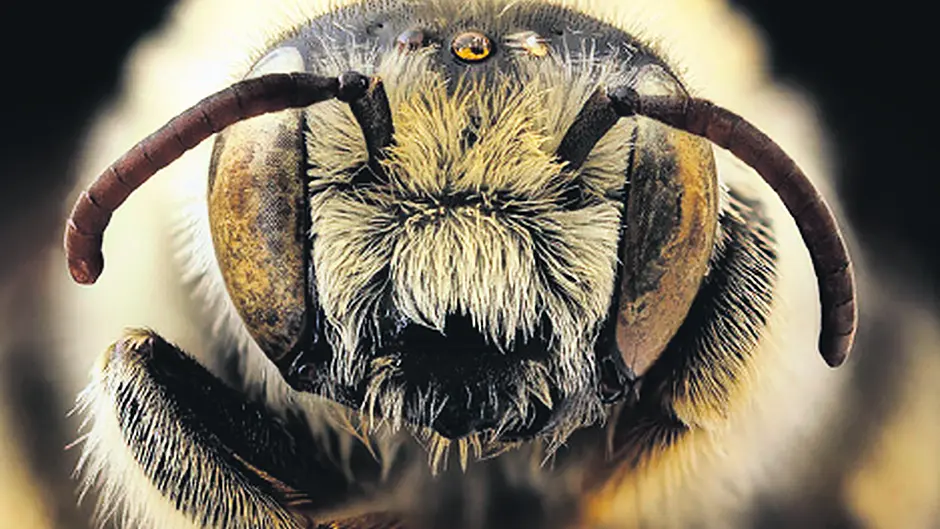From having your own honey, to playing a part in protecting the environment, West Cork is a hive of activity when it comes to beekeeping, writes Simon Cocking
By Simon Cocking
WEST Cork is emerging as a thriving environment for our endangered bee population with beekeeping associations in every major town in the region.
There are active beekeper groups in Rosscarbery, Bantry, Dunmanway, Skibbereen and Clonakility with introductory courses taking place regularly at these locations.
Four new swarms have also recently been delivered to Cape Clear which shows the role West Cork is playing to protect bees and subsequently our bio-diversity.
There were once 101 species of bees in Ireland, ranging from honeybees (one domestic species) to bumblebees (19 different types) and solitary bees (81), but these numbers are continually under threat.
Could bees be our best friend?
Without bees we would have far less of the food we have become accustomed to eating every day.
As more and more attention is being paid to climate change, and the need to take action immediately, bees may play an important part in our survival.
It is often noted that bees can live without us, but we will struggle to survive without them.
Honey comes second to helping the planet
Beekeeping has a long and impressive history in West Cork. Gearoid MacEoin of MacEoin Honey Farms learned the art of beekeeping from his father by the river banks of their family home in Skibbereen.
‘I knew when I was 18 that I didn’t want to study accountancy at UCC so I left school to do it full time in 1976. At one stage we had 700 hives.’
Now Gearoid maintains 70 hives, and recommends that 10 to 15 is the maximum to keep in any one site.
‘That’s to ensure there are enough flowers and pollen locally to ensure the bees don’t go hungry,’ he explains.
Many people are taking up beekeeping for wider reasons beyond simply having their own source of honey.
Tríona Leonard, manager of Cape Clear B&B Ard na Gaoitheexplained why she recently took up beekeeping.
‘I want to do something to help with the preservation of Irish biodiversity through managing a hive of Irish black bees and managing the garden and coppice in a way that is friendly to pollinators.’
Vulnerable to diseases
Bees recently suffered some new, and as yet, not completely treatable diseases. This included the Varroa mite, and colony collapse disorder, and other risks associated with cold winter weather. Gearoid explained:
‘The disease could be due to telecoms masts, pesticides, no one really knows for sure yet. But people are better informed and are treating it better, so hopefully the new interest in bees can help to counter these problems.’
Get involved
Tríona added: ‘I was able to attend groups and benefit from the experience of ex perts which gave me the confidence to go ahead with the bees.
Beekeeping is an endlessly fascinating hobby, it is hands on, outdoorsy, scientificand bee keepers are a friendly bunch of people to know.’






